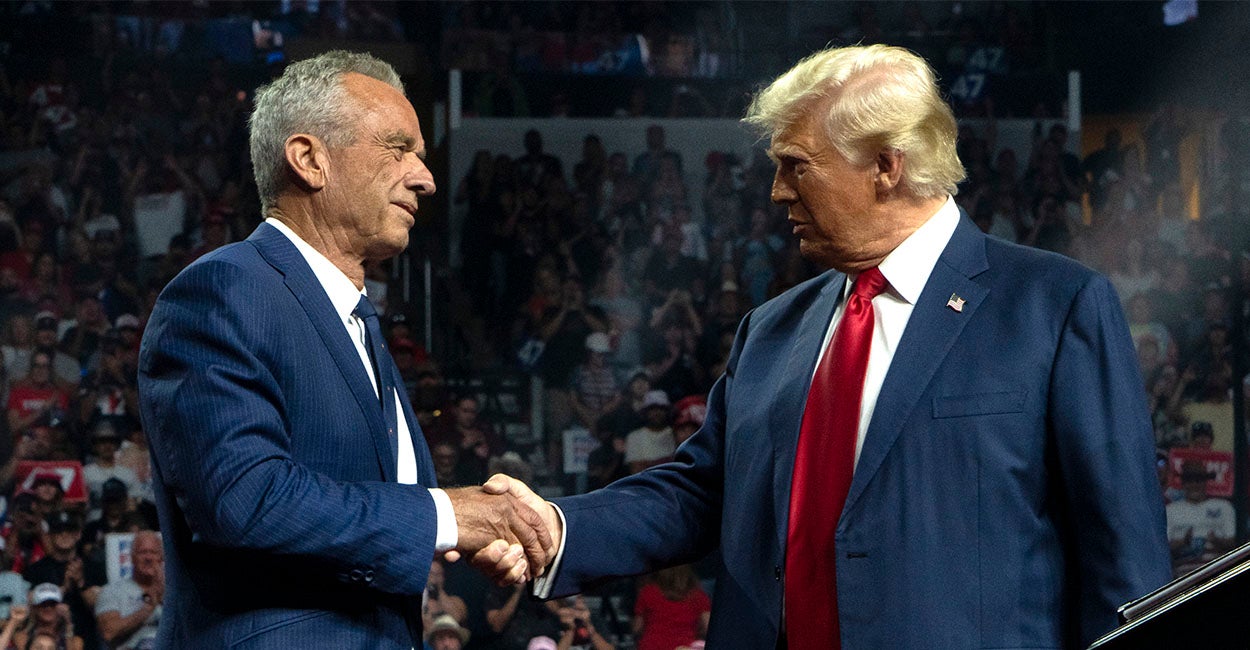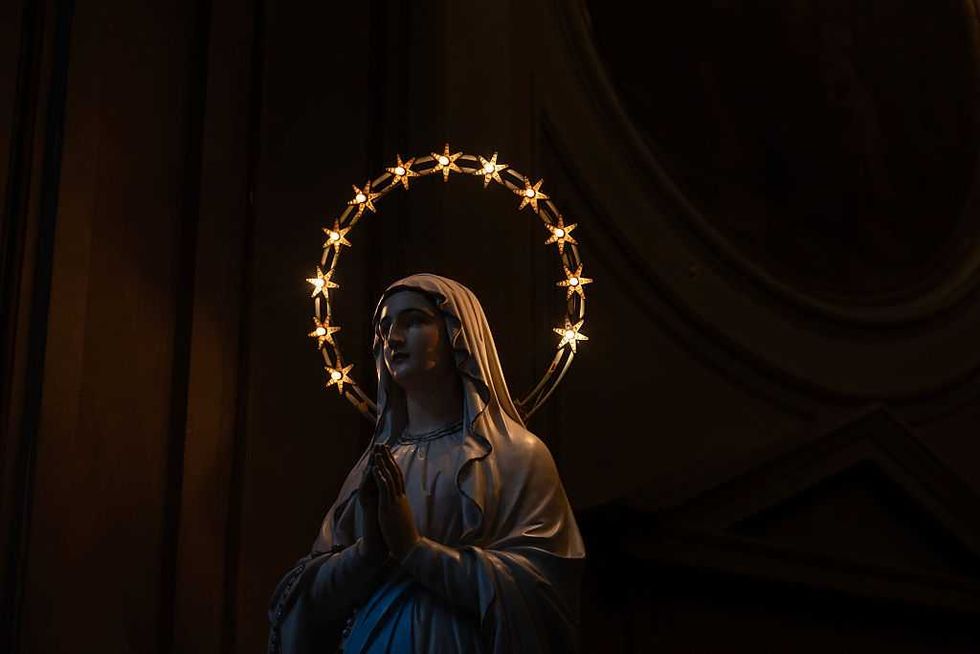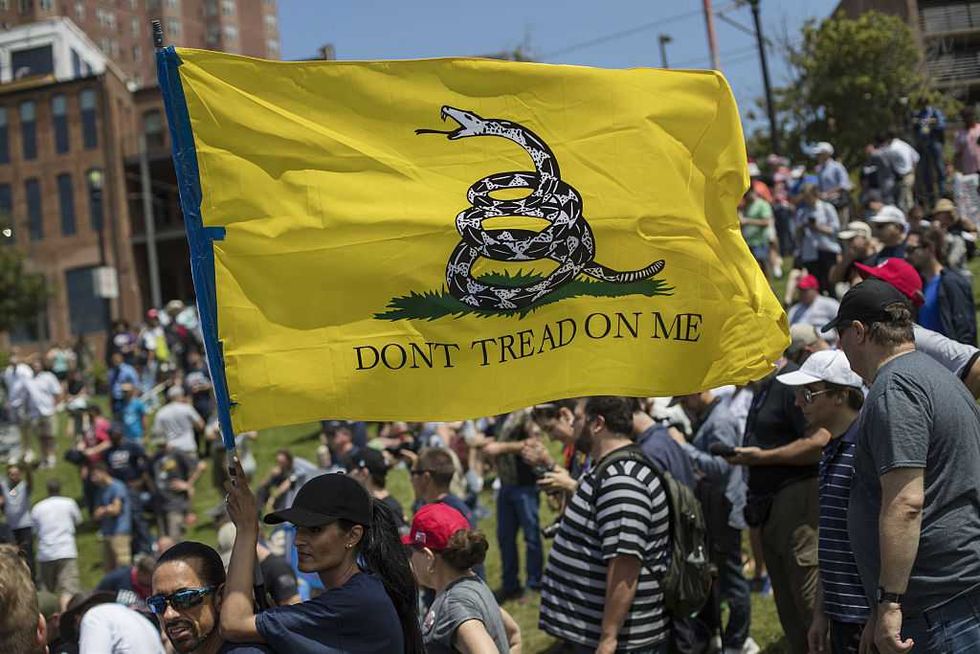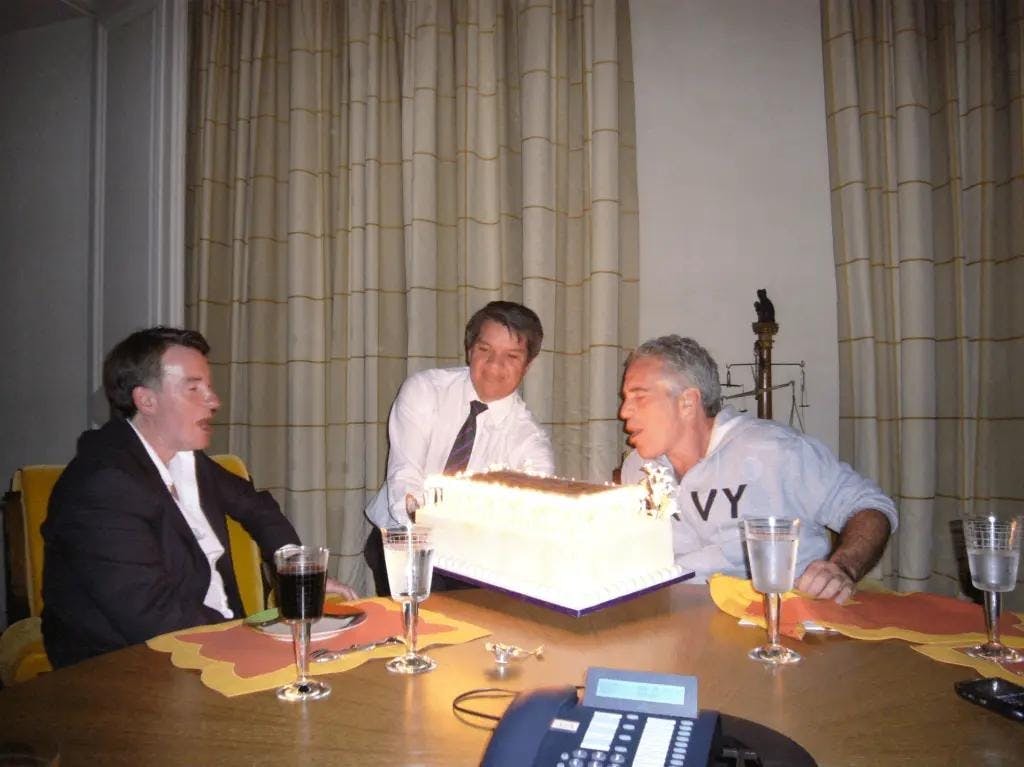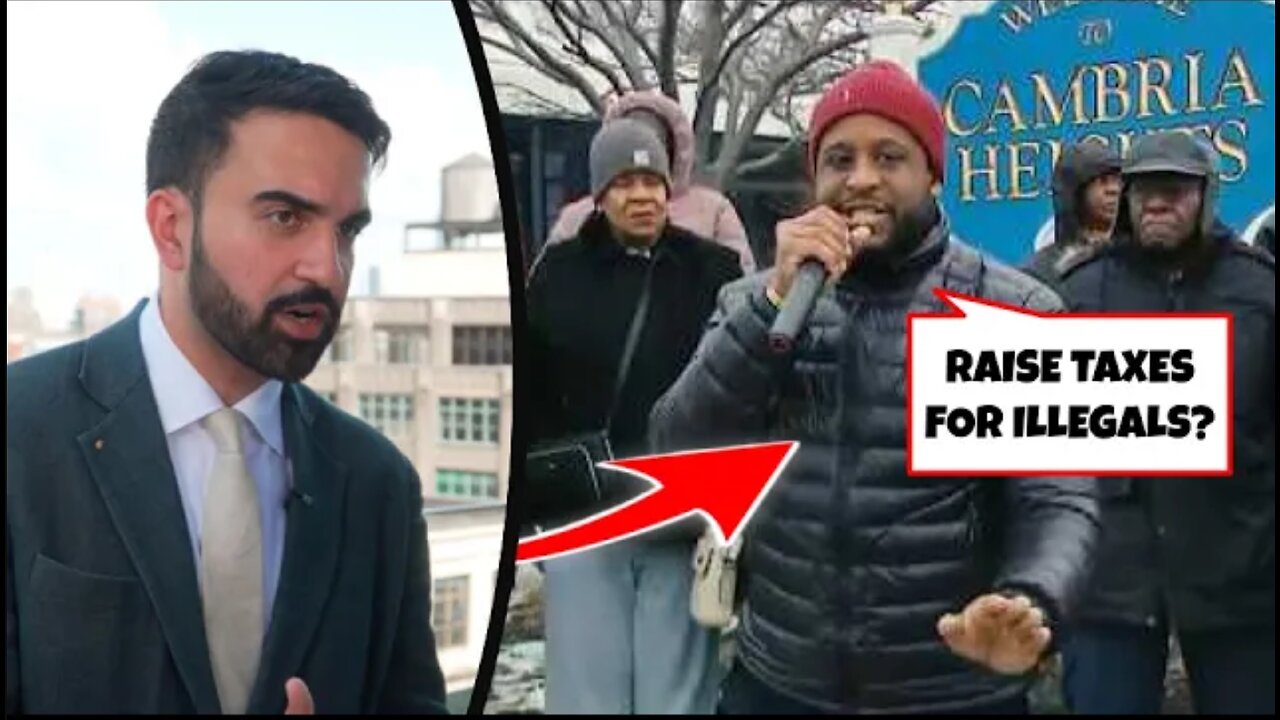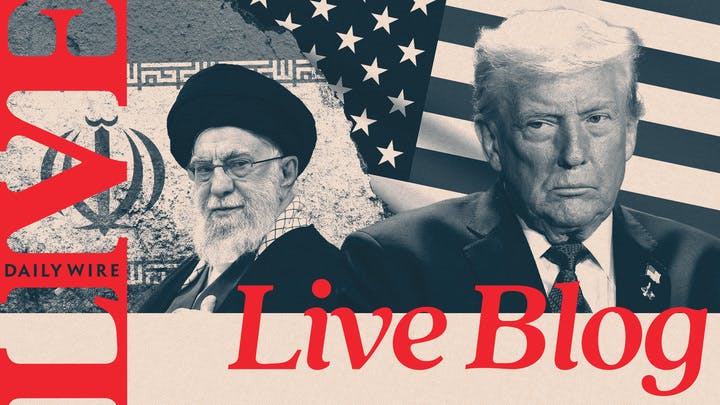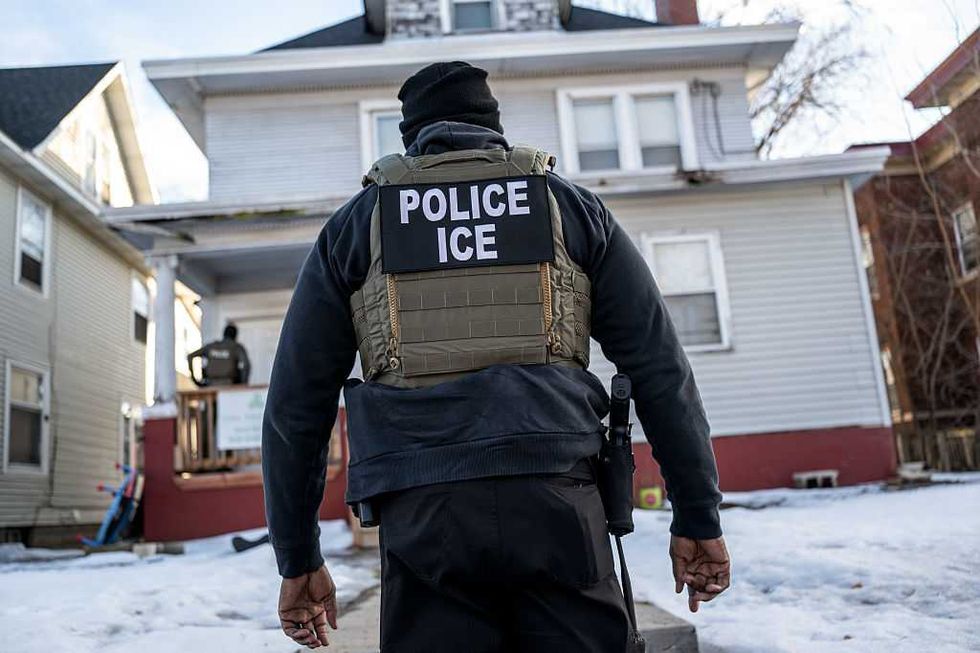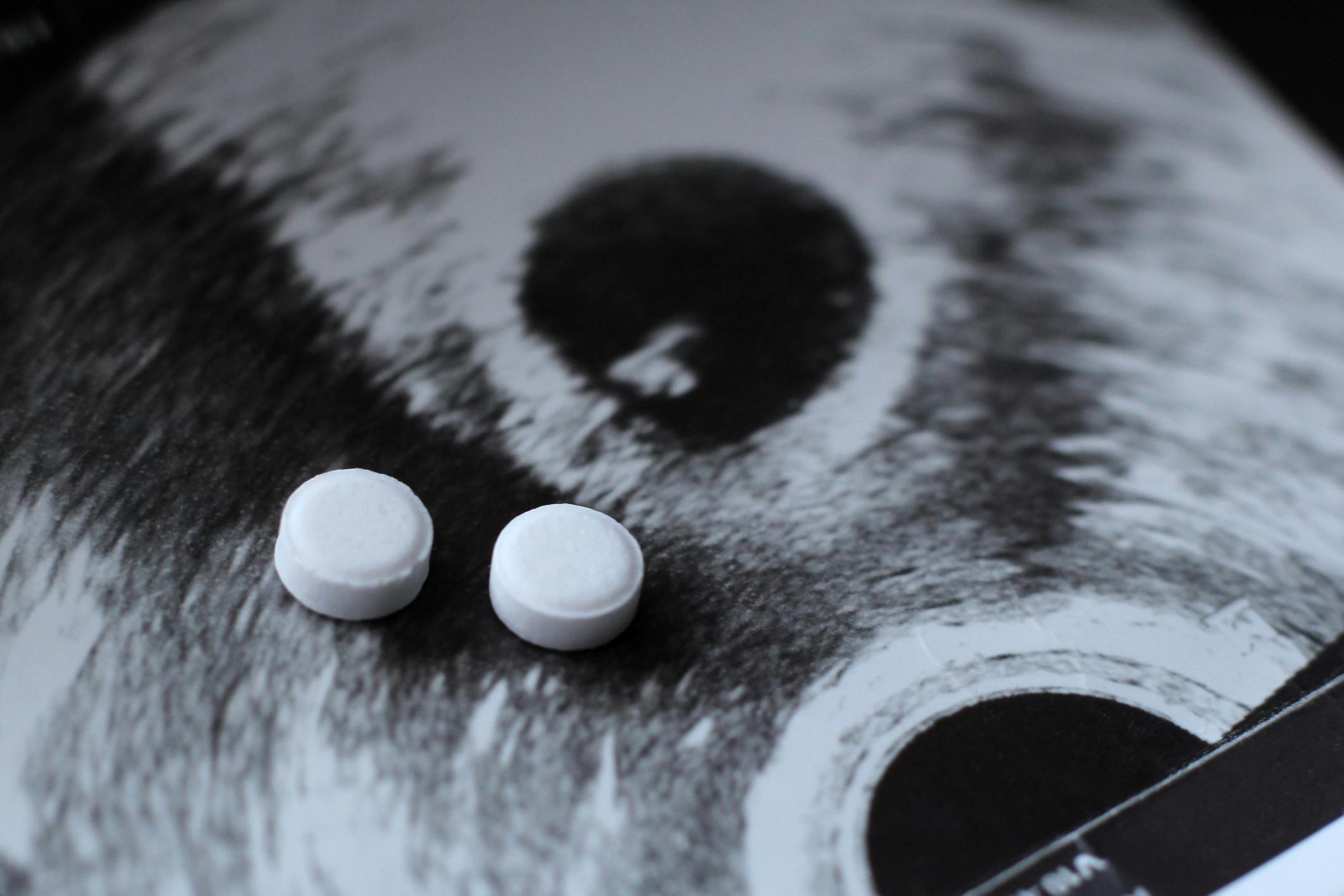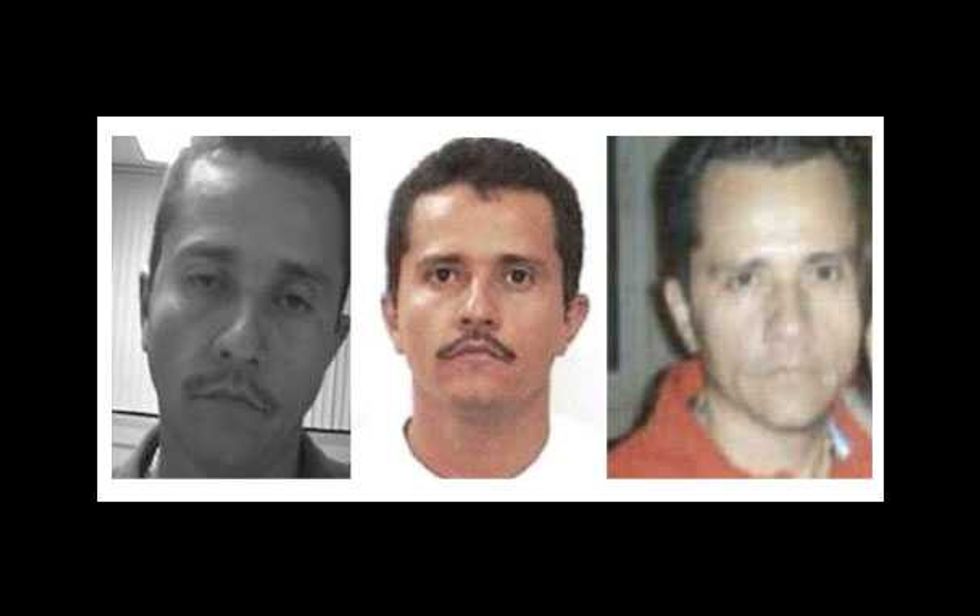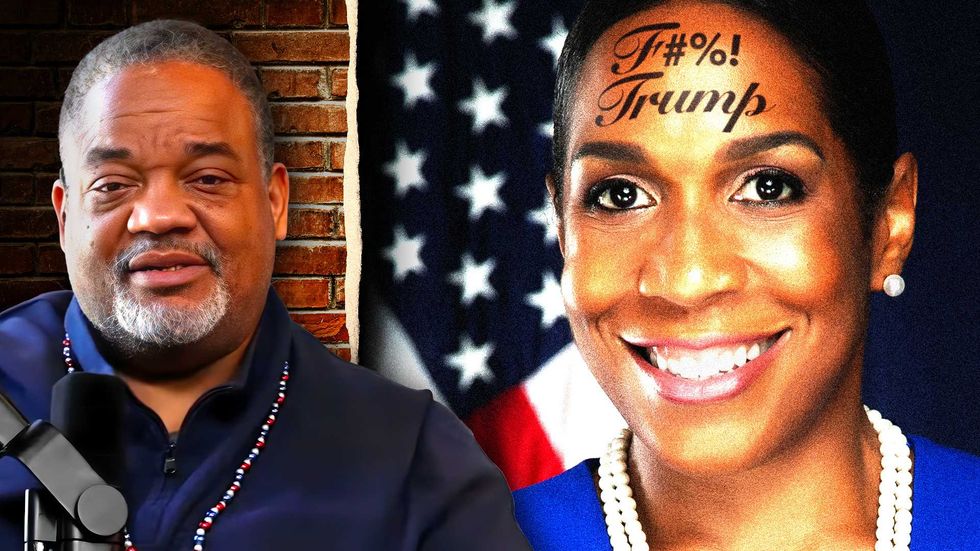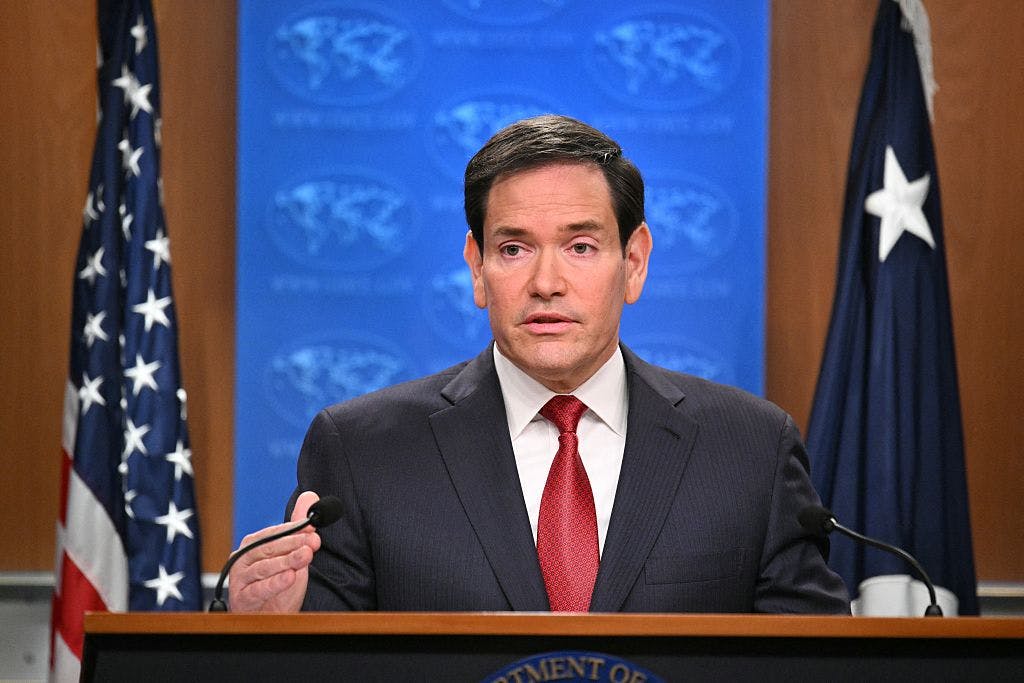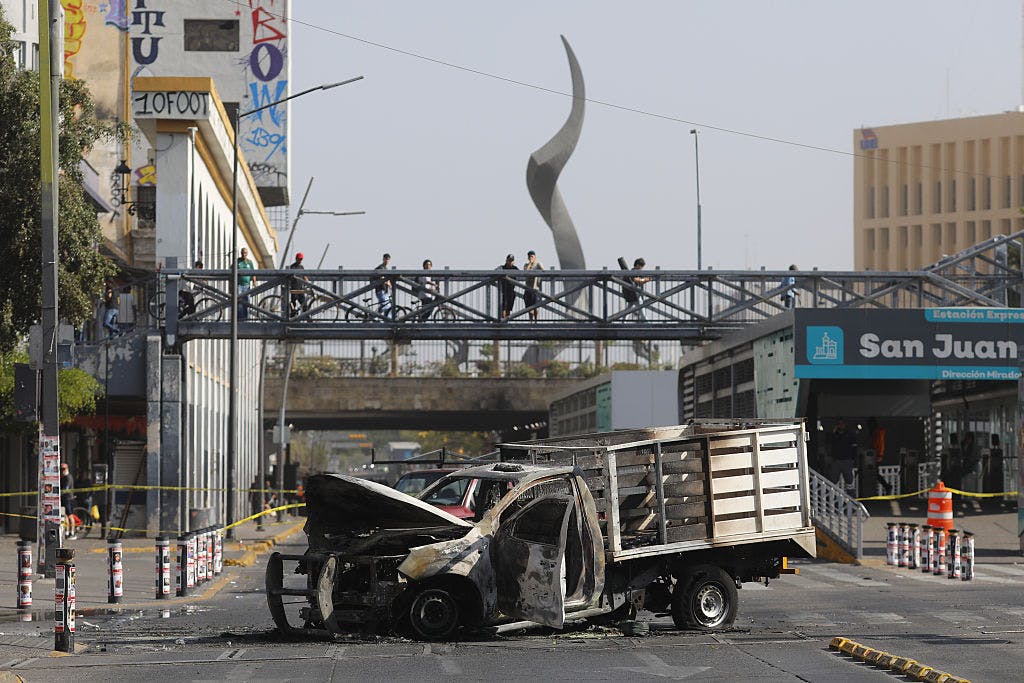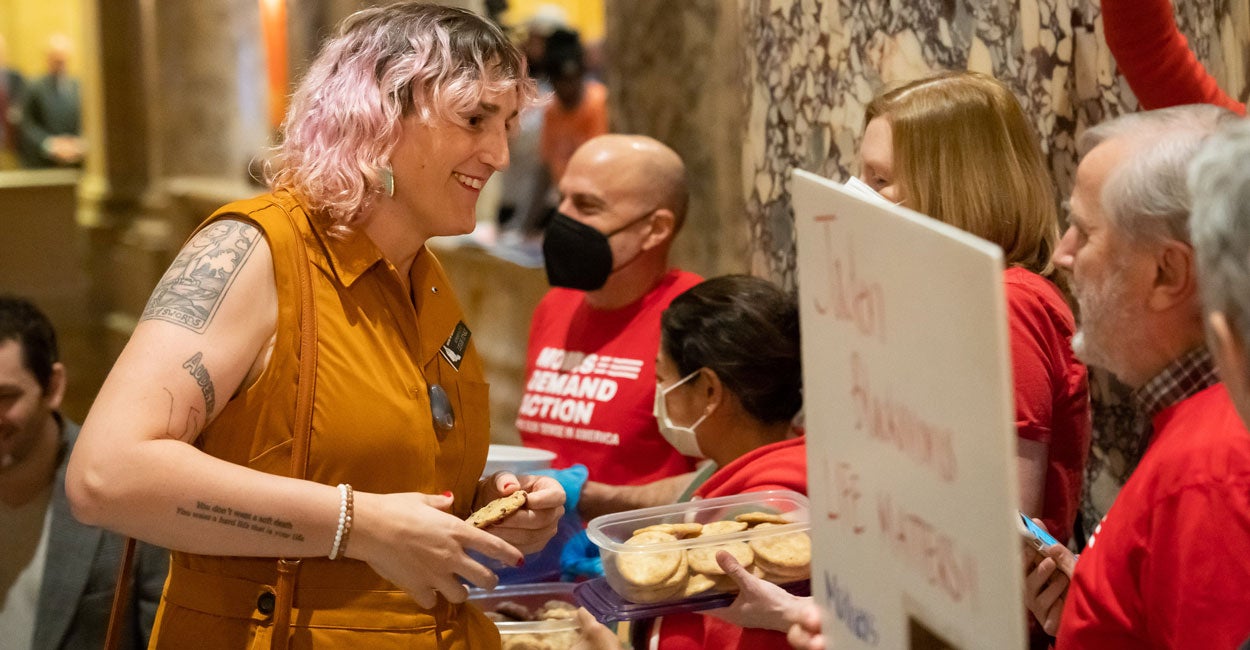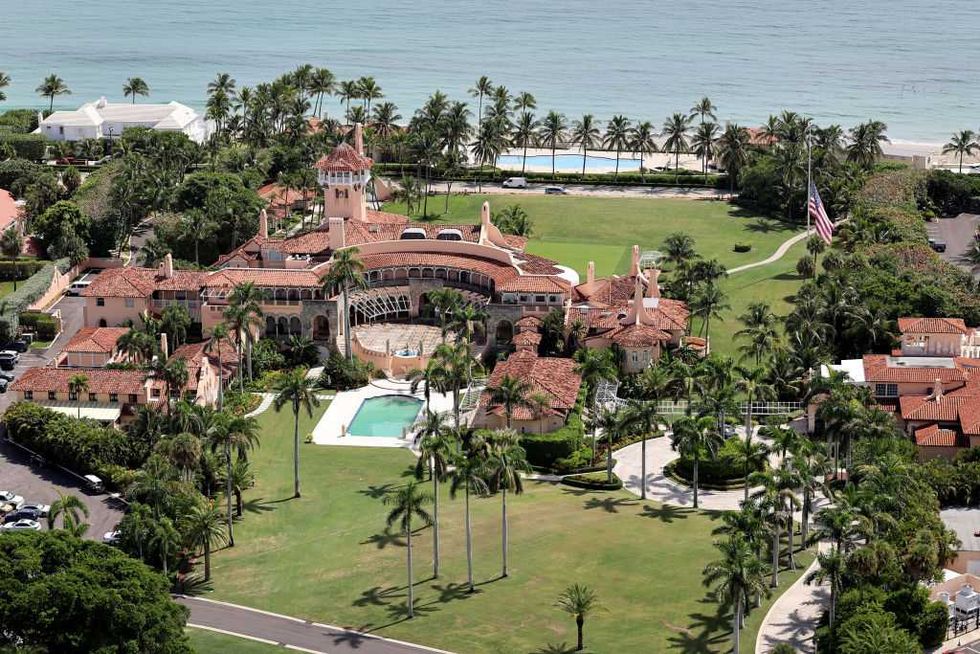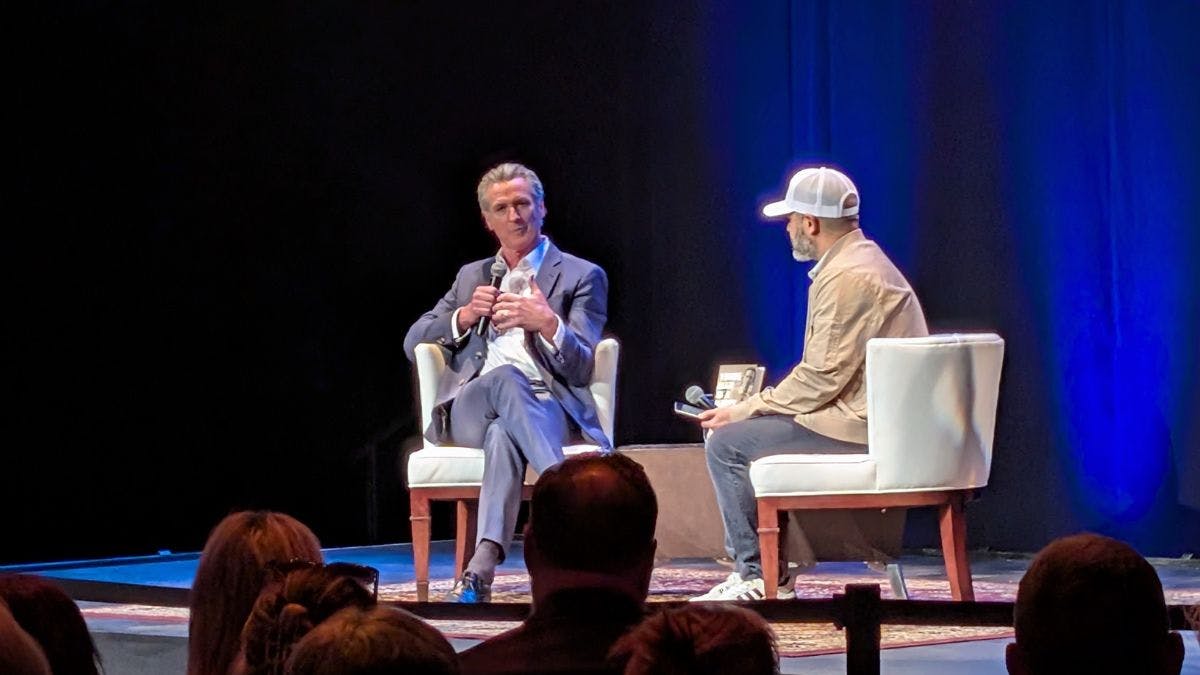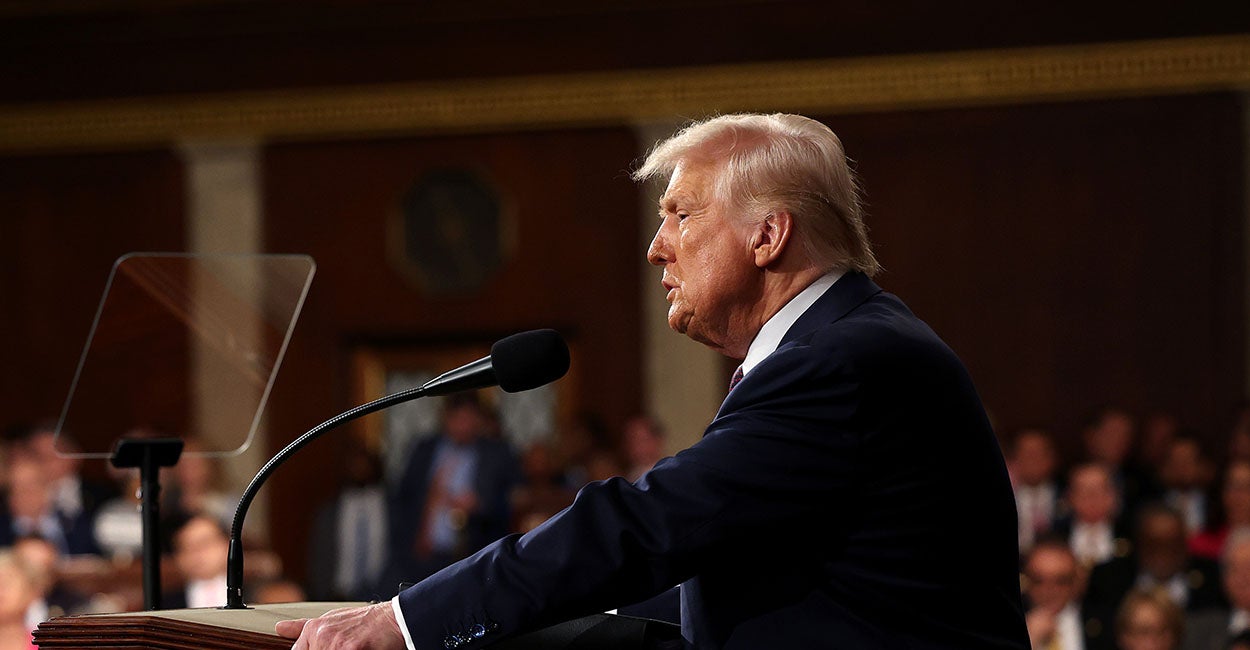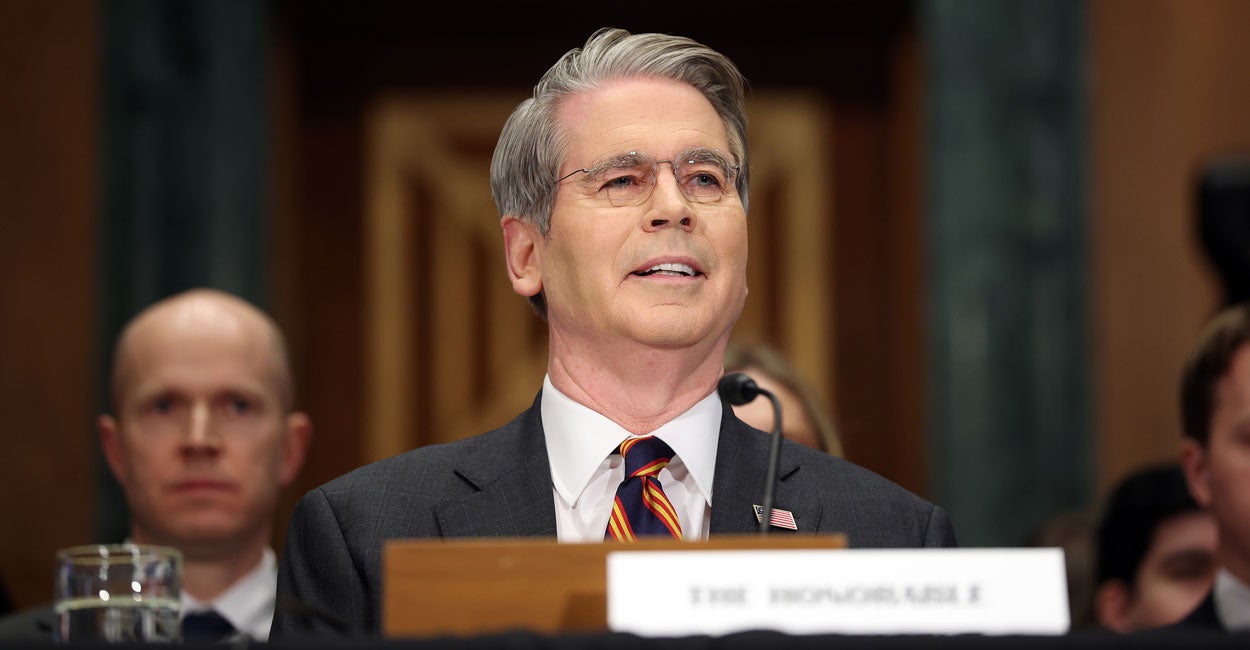Pope Leo XIV, Eastern Orthodox patriarch signal greater unity at site where Nicene Creed was adopted 1,700 years ago
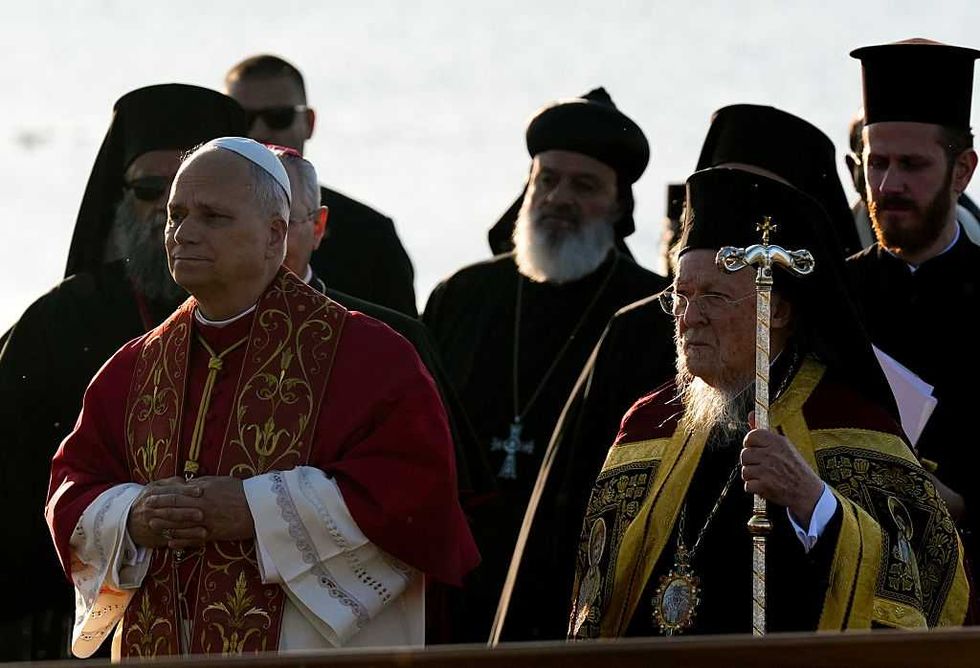
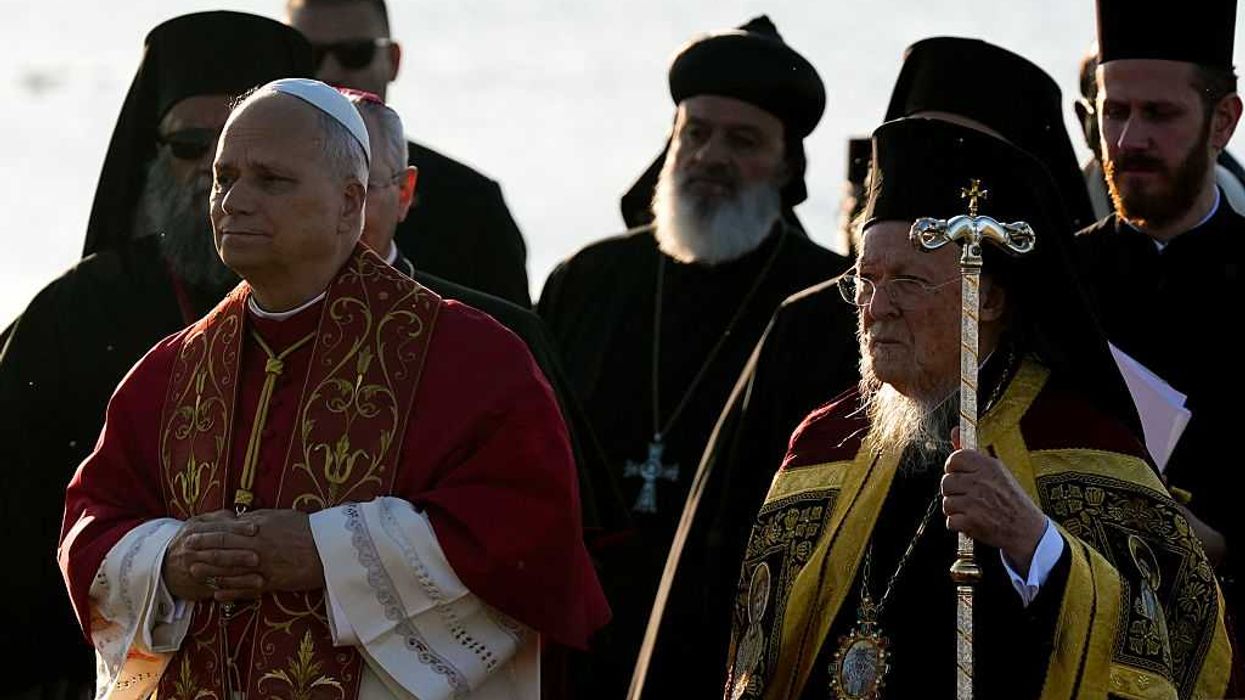
Pope Leo XIV joined Ecumenical Patriarch Bartholomew I of Constantinople and other Eastern Orthodox bishops on Friday at the site in modern-day Turkey where their predecessors met 17 centuries earlier to affirm and codify the core tenets of the Christian faith.
Live Your Best Retirement
Fun • Funds • Fitness • Freedom
This meeting of leaders on either side of the Great Schism at the place of the Nicene Creed's adoption signals another major step in what the pope weeks ago called "the path towards the reestablishment of full communion among all Christians."
'We return to this wellspring of the Christian faith in order to move forward.'
The pope made reference to the lasting significance of the Council of Nicaea in his Friday address at the archeological site of the ancient Basilica of St. Neophytos on the shore of Lake Iznik, especially the council's rejection in the 4th century of the Arian heresy.
Pope Leo said that the question of who Jesus Christ is in the lives of men and women today "is especially important for Christians, who risk reducing Jesus Christ to a kind of charismatic leader or superman, a misrepresentation that ultimately leads to sadness and confusion."
The pope noted in a separate address earlier in the day at the Cathedral of the Holy Spirit in Istanbul — where he blessed the first stone for a Catholic parish in Dallas — that the "new Arianism" attempts to reduce Christ to "a great historical figure, a wise teacher, or a prophet who fought for justice — but nothing more."
"By denying the divinity of Christ, Arius reduced him to a mere intermediary between God and humanity, ignoring the reality of the Incarnation such that the divine and the human remained irremediably separated," the pope said on the shore of Lake Iznik in the presence of the Eastern Orthodox bishops. "But if God did not become man, how can mortal creatures participate in his immortal life? What was at stake at Nicaea, and is at stake today, is our faith in the God who, in Jesus Christ, became like us to make us 'partakers of the divine nature.'"
Speaking of the creed, the pope noted that "this Christological confession of faith is of fundamental importance in the journey that Christians are making towards full communion," as it binds Christians across the world and paves the way for "ever deeper adherence to the Word of God revealed in Jesus Christ, under the guidance of the Holy Spirit, in mutual love and dialogue."
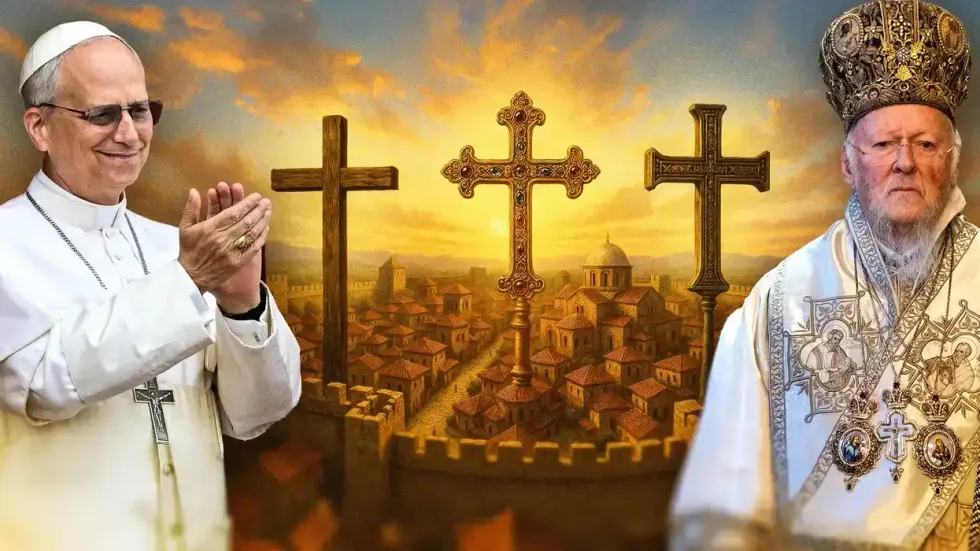 TIZIANA FABI / Contributor, Anadolu / Contributor | Getty Images
TIZIANA FABI / Contributor, Anadolu / Contributor | Getty Images
"We are all invited to overcome the scandal of the divisions that unfortunately still exist and to nurture the desire for unity for which the Lord Jesus prayed and gave his life. The more we are reconciled, the more we Christians can bear credible witness to the Gospel of Jesus Christ, which is a proclamation of hope for all," added Pope Leo.
Ecumenical Patriarch Bartholomew, considered first among equals among Eastern Orthodox bishops, noted at the ecumenical service in Nicaea that he was "deeply moved" by the Christian leaders' decision to "honor through this joint pilgrimage the memory and legacy of the First Ecumenical Council held here, at Nicaea, seventeen-hundred years ago."
Emperor Constantine I called over 250 bishops — 318, according to tradition — in the year 325 to convene during the pontificate of Pope Sylvester I in the Bithynian city of Nicaea.
The council that assembled 55 miles southeast of present-day Istanbul not only dealt with various ecclesiastic matters and set a date on which to commemorate Jesus' resurrection but tackled the Arian heresy, affirming that Christ is indeed "God from God, Light from Light, true God from true God, begotten, not made, of one Being with the Father. Through him all things were made."
While similarly acknowledging the divisions that have marked many intervening centuries, the patriarch stressed that the purpose of the meeting was not simply to remember the past but to "bear living witness to the same faith expressed by the Fathers of Nicaea."
"We return to this wellspring of the Christian faith in order to move forward. We refresh ourselves at these inspired waters of rest in order to become strong for the tasks that lie ahead," said the patriarch.
Ecumenical Patriarch Bartholomew noted further:
The Nicene Creed acts like a seed for the whole of our Christian existence. It is a symbol not of a bare minimum; it is a symbol of the whole. Having the fervor of the faith of Nicaea burning in our hearts, "let us run the course" of Christian unity "that is set before us" (cf. Hebrews 12:1); let us "hope to the end for the grace" that is promised "at the revelation of Jesus Christ" (cf. 1 Peter 1:13); and, finally, "let us love one another, that with one mind we may confess: Father, Son, and Holy Spirit, Trinity consubstantial and undivided."
The patriarch told the Agence France-Presse ahead of the meeting that his meeting with the pope was "especially significant" in light of the conflicts currently underway across the globe.
- YouTubeyoutu.beLike Blaze News? Bypass the censors, sign up for our newsletters, and get stories like this direct to your inbox. Sign up here!
Originally Published at Daily Wire, Daily Signal, or The Blaze
What's Your Reaction?
 Like
0
Like
0
 Dislike
0
Dislike
0
 Love
0
Love
0
 Funny
0
Funny
0
 Angry
0
Angry
0
 Sad
0
Sad
0
 Wow
0
Wow
0
